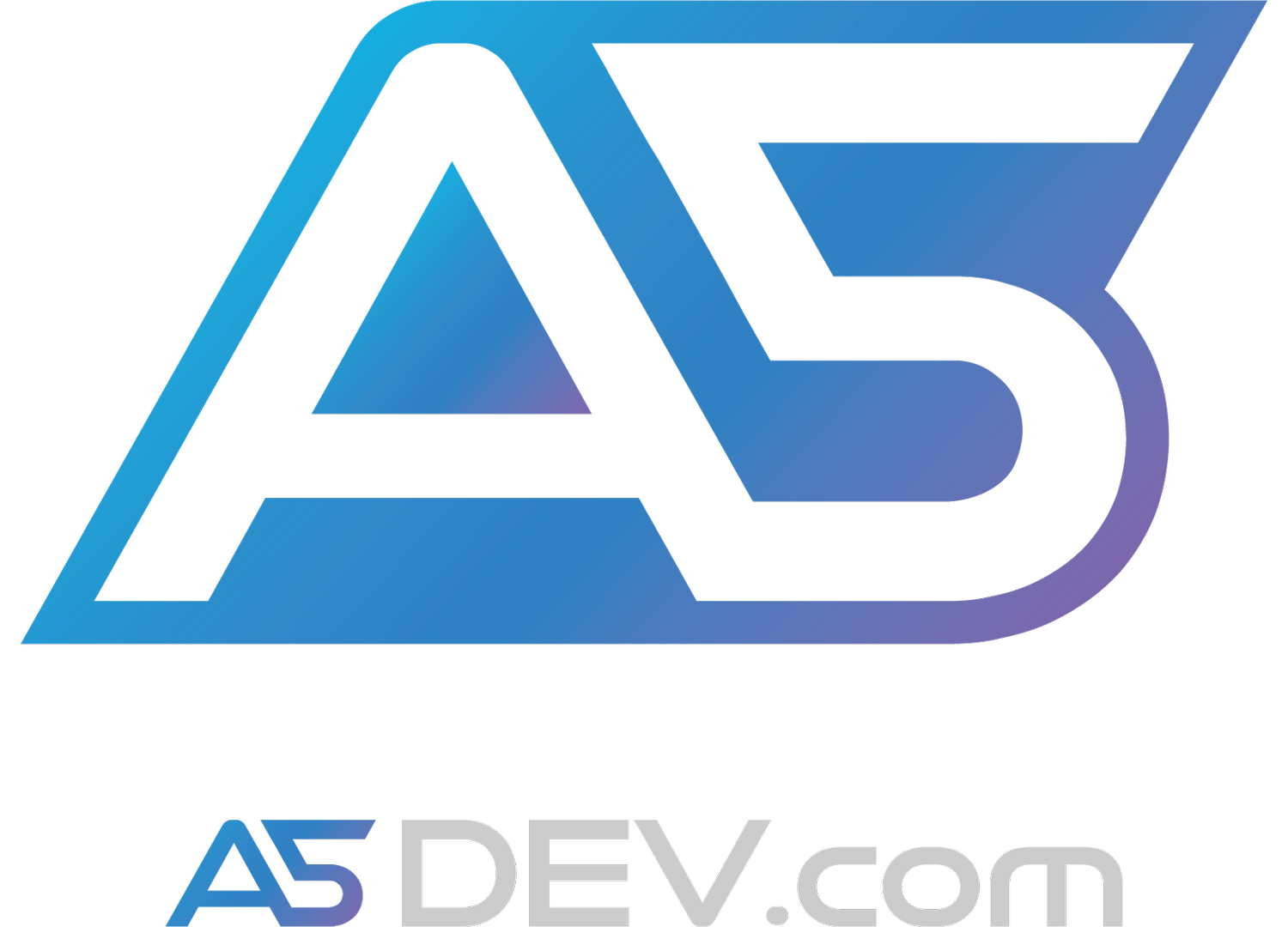
Construction, business & Technology solutions
Project Controls & Construction Management solutions



Project Controls
Project controls are the processes and tools used to plan, monitor, and manage essential aspects of a project. This includes defining scope, creating schedules and budgets, addressing risks, ensuring quality, and facilitating communication. By systematically overseeing these elements, project controls aim to optimize project performance, maintain adherence to plans, and support informed decision-making, leading to successful project completion.
Some keypoints
Scope Management
Schedule Management
Cost & Quality Management
Risk Management
Visibility and Reporting
Performance & decision support
Integration with Methodologies



Construction Management
Construction management involves the effective planning, coordination, and supervision of all aspects of a construction project. This includes overseeing timelines, budgets, and resources, ensuring compliance with regulations and safety standards, managing contracts, and facilitating communication among stakeholders. The goal of construction management is to efficiently deliver high-quality projects on time and within budget while mitigating risks and maintaining a safe work environment.
Some keypoints
Project Planning & Budget Management
Risk Mitigation & Safety Oversight
Contract Management
Communication & Collaboration
Resource Allocation & Quality Assurance
Environmental Considerations
Site Management
Client Communication



technology Systems
Technology systems encompass the integration and management of various technological components within an organization. This involves designing, implementing, and maintaining systems such as hardware, software, networks, and databases to support business processes. Technology systems aim to enhance efficiency, streamline operations, and facilitate communication and data management. The effective management of technology systems ensures a reliable and secure technological infrastructure that aligns with organizational goals and adapts to evolving technological advancements.
Some keypoints
Integration with business processes
budget management
documentation & adaptability
continuous monitoring
vendor management
regulatory compliance
data management


